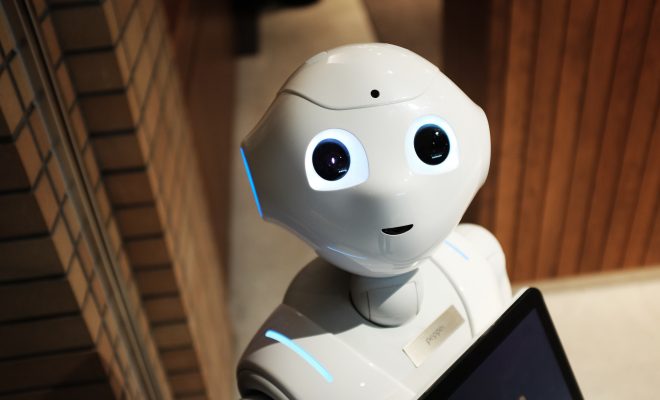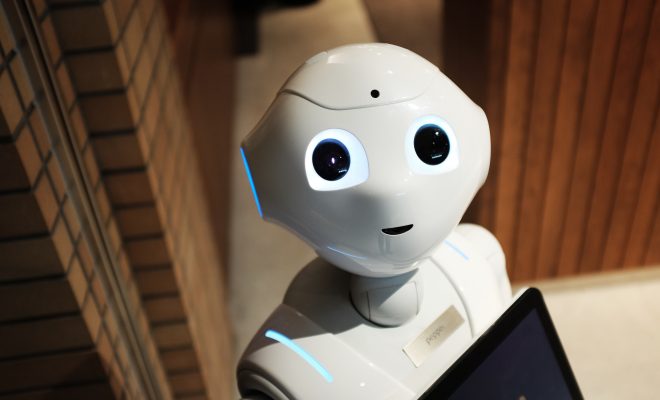China Is Teaching Children about AI in Kindergarten. Should the US Be Worried?

China has big plans to become the world leader in AI and in 2017 the country publicly proclaimed this aim. That’s when China published its “Next Generation Artificial Intelligence Development Plan”, which laid out plans to ultimately become the world leader in artificial intelligence by 2030.
To achieve this aim, China is implementing a three-part plan: 1. To be competitive in AI by 2020, 2. To make breakthroughs by 2025 and 3. To become the world leader in AI by 2010.
As part of this plan, somewhere hidden in all the documentation must also be the plan to start off the whole country on this path, including its youngest citizens. In fact, children in kindergarten are learning about AI. They have textbooks for that.
After the central government’s announcement, Henan People’s Publishing House started to publish a series of AI textbooks. The publishing house launched a 33-edition set of books on artificial intelligence that will form the AI curriculum for kids in kindergarten through to the 12th grade.
The thinking seems to be that an early start in AI studies will spark interest in the field in young learners, which it’s hoped will benefit the sector down the line. The textbooks were developed with the input of AI experts from Google and the Institute of Automation of the Chinese Academy of Sciences.
Photos of the artificial intelligence textbook for Chinese kindergarten students have gone viral on social media in China with many parents and others expressing their concern about the development, many saying that they think it’s too early for children of that age to learn about AI.
In China, unlike the US and the UK, few children have been exposed to programming. For instance, the penetration rate for Scratch, the world’s leading children’s programming language, is 44.80 percent in the US, 9.31 percent in the UK and only 0.96 percent in China. The Chinese government wants computer science education in China to catch up.
China is not the only country that is making plans to educate children on the ins and outs of AI. In the US, the Association for the Advancement of Artificial Intelligence (AAAI) announced a joint initiative with the Computer Science Teachers Association (CSTA) to develop national guidelines for teaching K-12 students about AI and define what students in each grade should know about AI, machine learning, and robotics.
How do American professionals feel about this development?
Alan Majer, founder of Good Robot, spoke to AI technology and industry review, Synced, and said that it’s wonderful that these children will be learning about AI: “These are the children that are going to invent our future. Perhaps the world’s next Bill Gates, Gordon Moore, Ada Lovelace, or John Seely Brown, is just waiting to get the right book (or AI algorithm) into their hands.”
The thing is, these kids will need completely new skills in a world dominated by AI and automation. Children will have to develop a sound basis and understanding of AI and its various aspects, including machine learning, machine intelligence, robotics, data mining and more.
As AI/robotics expert and founder of San Francisco-based tech innovation company Collective Creativity, Kristian Simsarian, says, “AI changes what we teach the next generation starting in Kindergarten because the next generation will have jobs that do not exist yet.”





